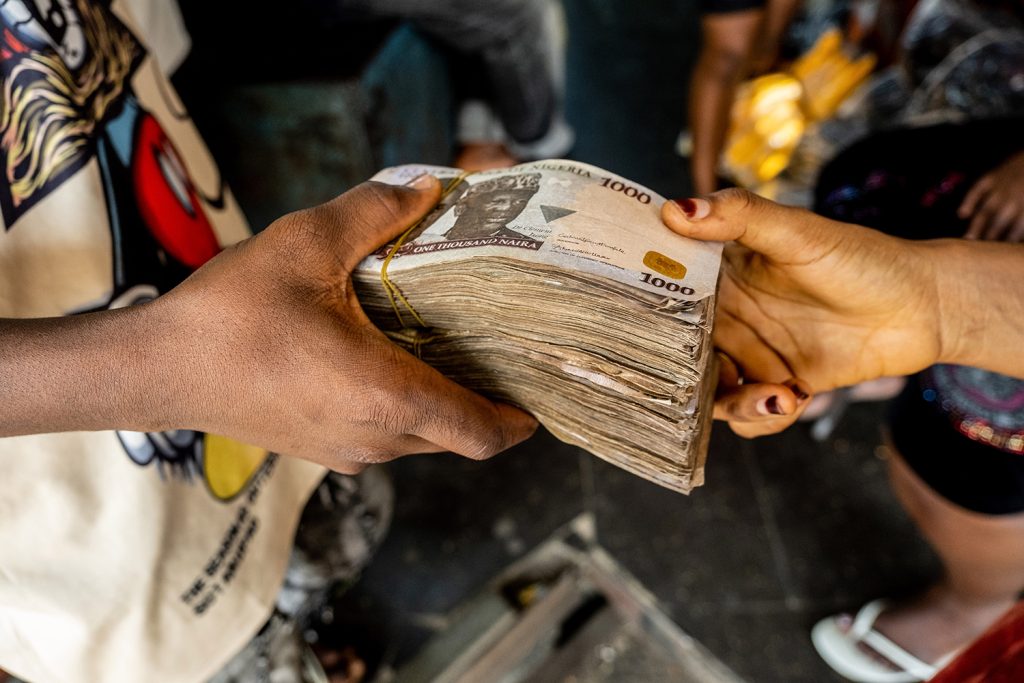In recent years, the economic outlook in Nigeria has witnessed a significant transformation, with the naira, the nation’s currency, experiencing a substantial decline in value against the US dollar. This drastic shift, amounting to over 70% depreciation since 2015, has rippled through various sectors, impacting the cost of imported goods and elevating the overall cost of living.
Understanding the Naira’s Depreciation
The naira has been going through challenging terrain since 2015, grappling with economic factors that have contributed to its devaluation against the US dollar. This plunge has profound implications for both businesses and the general populace.
Impact on Imported Goods
One of the immediate repercussions of the naira’s depreciation is the surge in the prices of imported goods. With a weakened currency, the cost of acquiring products from international markets has soared, leading to an inflationary trend. This phenomenon has affected a wide array of items, ranging from electronics to essential commodities, leaving consumers to bear the brunt of increased expenses.
Escalating Everyday Costs
As the naira continues its downward trajectory, the average Nigerian household faces the harsh reality of an increasingly expensive daily life. Basic amenities, groceries, and services have all witnessed a surge in prices, creating financial challenges for families across the nation. The ripple effect is evident, creating a domino effect on the economy and impacting various socio-economic strata.
Economic Implications
The depreciation of the naira against the US dollar carries broader economic implications. It affects the country’s balance of trade, potentially widening the trade deficit. Furthermore, businesses that rely on imported raw materials face heightened production costs, impacting their competitiveness in both local and international markets.
Coping Strategies and the Way Forward
In light of these economic shifts, individuals, businesses, and policymakers are compelled to adopt strategies to navigate the challenges posed by the naira’s depreciation. From implementing sound fiscal policies to exploring innovative economic solutions, there is a collective effort to stabilise the currency and restore confidence in the Nigerian economy.
Conclusion
The tale of the naira’s depreciation against the US dollar is a multifaceted narrative woven with economic intricacies that demand attention and strategic interventions. As Nigeria navigates these challenges, there is an inherent resilience within the nation to adapt, evolve, and carve a path towards economic stability in the face of a dynamically changing financial landscape.

